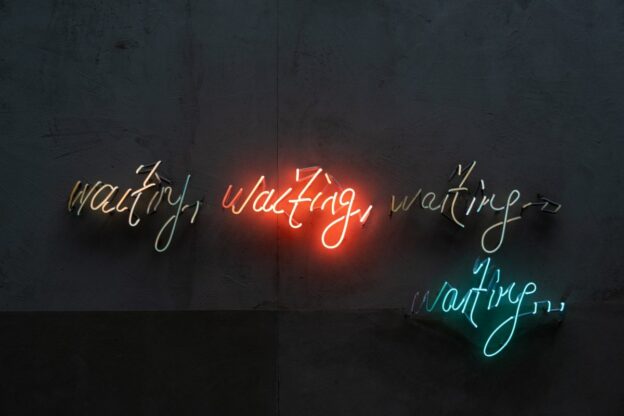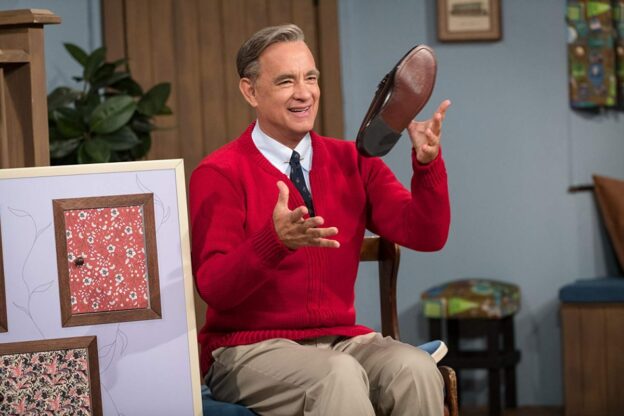This year for Advent, I’ve been drawn to the concept of waiting. I know that’s a normal Advent theme; in many ways, it is the point of Advent. We remember the centuries that the people waited for the birth of Christ. Now, we wait for His return.
We wait.
Advent teaches us to wait.
In an age of convenience, where waiting is one of the worst “first world” problems we can face, it’s good to be reminded how to wait.
But this year, that waiting seems a little more personal to me; a little more poignant. Maybe it is because of a health crisis last year – kidney cancer, and the removal of a kidney. I’m more in tune now to my body and soul in a way I haven’t been before. I have my yearly check up soon; I know it will be fine. But – still, I wait.
Maybe it’s also the chaos happening within United Methodism. We wait for General Conference. We wait for discernments. We wait for conversations. There’s not a day that goes by where I do not have this conversation multiple times.
We wait.
Right now, you are waiting for something.
I am waiting.
We are all waiting.
When I have to wait on substantive matters, I feel the stress of being in-between. When I feel that stress, my impulse is to pull back.
To pull back from community.
To pull back from family and friends.
To pull back from everyone.
I know isolation is not good for me, for anyone. But in the stress and strain of waiting, that’s where my impulse takes me.
But what did God tell Adam in the garden? “It is not good for a man to be alone” (Genesis 2:18). What is the first word of The Lord’s Prayer? Our Father. Not my Father, your Father, but our Father.
The prayer the Lord taught us to pray was a prayer of community. Our souls crave community, while often, our flesh pushes us away from community. After the Fall, what did Adam and Eve do in the Garden when God was looking for them? They hid (Genesis 3:8).
As you wait for whatever it is you are waiting for, that same impulse of our first parents will whisper to you Pull back. Hide. Keep to yourself. I know that impulse, it flows from deep within me. But it is not God’s design or will.
Remember: it was a community of shepherds who greeted the Lord.
It was a community of Magi who brought Him gifts.
It was a community of disciples who followed Him.
And it is a community of believers who serve Him now. We need community. We need family.We need our people.
Especially as we wait.
Whatever it is you are waiting for, know that you are loved, you have value, and you are not alone -even if you feel like it. You are part of His community.
Even as we wait.
Featured image courtesy Levi Meir Clancy via Unsplash.










